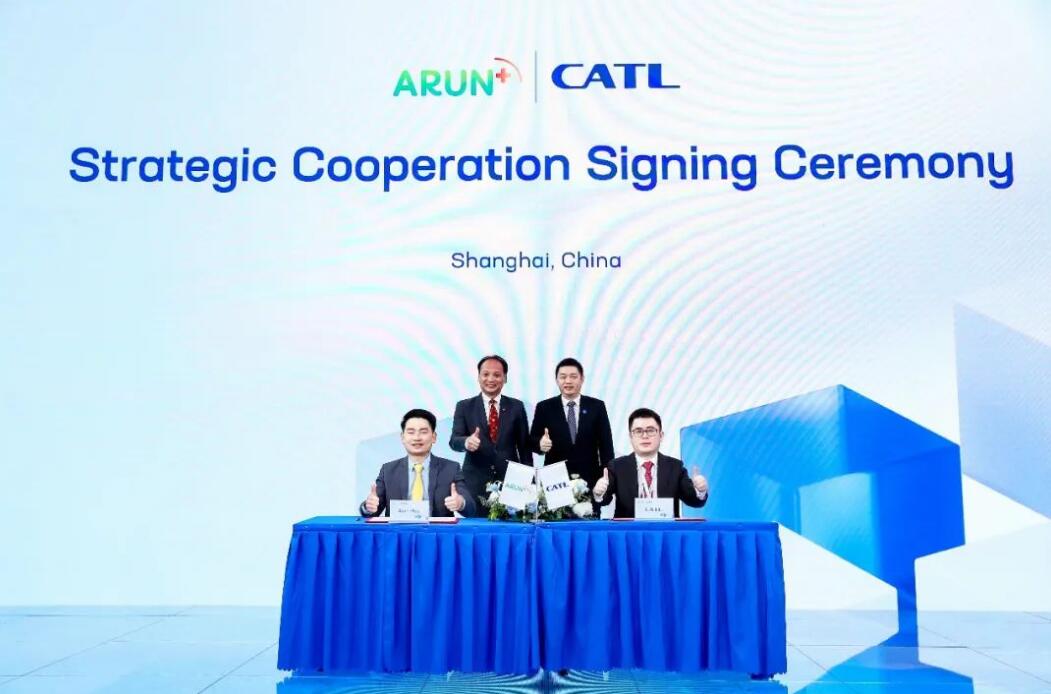Midea's automotive parts division, Welling, will provide thermal management products, including electric compressors, for the entire XPeng model line.

(Image credit: Midea)
XPeng (NYSE: XPEV) today signed a strategic partnership agreement with Welling, the automotive parts division of Chinese home appliance giant Midea Group, to collaborate on thermal management products.
Welling will provide thermal management products, including electric compressors, for the entire XPeng model line, according to a Midea press release.
Electric compressors improve energy efficiency through cooling, heating and internal heat transfer, and play a critical role in battery life, charging speed and range, according to the release.
Welling's products cover a wide range of areas including electric compressors, integrated modules for thermal management, drive motors, EPS steering motors, and electronic water pumps and is committed to providing core components and system solutions for green mobility, according to the release.

Midea is one of the largest home appliance manufacturers in China and has been involved in the vehicle components field for 20 years.
Midea entered the commercial vehicle sector in 2003 and has since acquired several bus companies and built production bases in Kunming and Changsha, with bus and specialized chassis manufacturing capabilities.
On May 18, 2021, Welling announced three product lines for its automotive components business, including drive systems, thermal management systems, and assisted driving systems.
"We want to be the fastest-responding supplier in the industry, keeping up with the speed of automakers," the group's vice president and president of Midea Industrial Technologies, Fu Yongjun, said at the time.
On February 16, 2022, Welling announced the start of construction of its new energy vehicle (NEV) parts production base in Anqing, Anhui province, with a total investment of about RMB 11 billion ($1.5 billion).
The project will be mainly used to produce products including power steering motors, electric compressors for NEVs and drive motors, and will be equipped with R&D centers for thermal management, main drive and assisted driving systems and national laboratories, Welling said at the time.
The project will have an annual production capacity of 60 million sets and an annual output value of RMB 40 billion after completion, according to the company.
The first phase of this Anqing NEV parts base was been put into operation in early 2023 and will be able to meet stable production and delivery demand, Midea said today.
XPeng has seen weak deliveries over the past year, as it switches its product array to new models.
The company delivered 7,506 vehicles in May, down 25.87 percent year-on-year but up 6.03 percent from April, the fourth month to see sequential growth.
XPeng began pre-sales of the new SUV G6 on June 9, and the model will be officially launched on June 29, with deliveries starting in July.
($1 = RMB 7.1767)
XPeng CEO sees China EV landscape far from set
The post XPeng signs partnership deal with home appliance giant Midea's auto parts unit appeared first on CnEVPost.
For more articles, please visit CnEVPost.









